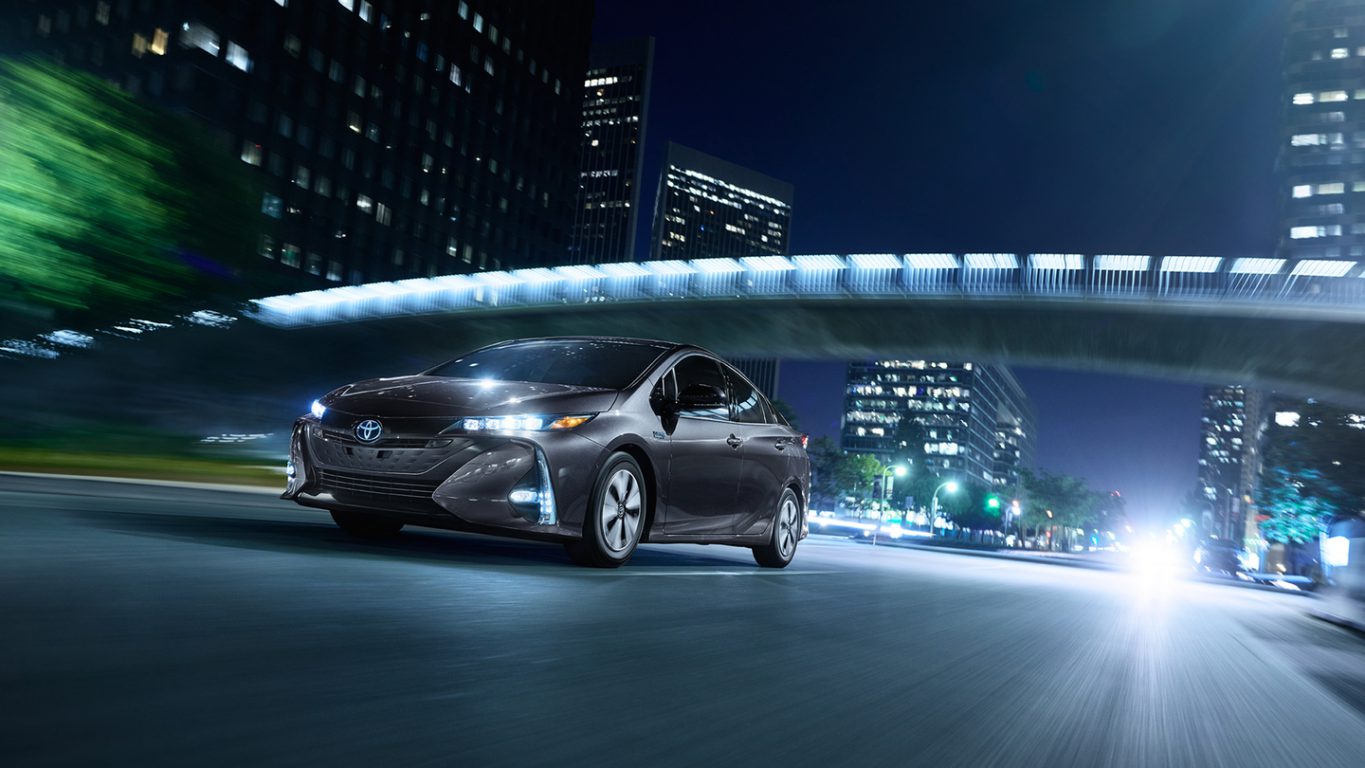Cars and Drivers
Electric Vehicles Have Little Appeal to Generation Z

Published:
Last Updated:

From all the news reports that younger Americans are more tuned in to sustainability and environmental issues than are their elders, when the rubber hits the road Generation Z may not be walking the talk.
In a new survey by researchers at J.D. Power, more than half (54%) of U.S. consumers between the ages of 18 and 24 say that they would not consider purchasing an electric vehicle. That’s a much higher percentage than the 41% who said the same thing in a 2017 survey. That is not particularly good news for automakers that have started down a path to electrify most or all of their new models over the next decade.
Compared with the 2017 survey in which 42% of Gen Z consumers said they would consider purchasing a hybrid vehicle like a Toyota Prius, just 21% said they would consider a hybrid. Plug-in hybrids like the Prius Prime fared nearly as bad: 18% of those surveyed this year said they would consider a plug-in hybrid, compared with 28% a year ago.
Less than a quarter (24%) of Gen Z consumers surveyed in 2017 said they would consider an all-electric vehicle like the Tesla Model 3. That percentage dropped to just 13% this year.
A major concern among these young potential buyers is the availability of charging stations, especially at their homes. Because many of them are renters they have to depend on their landlords to provide charging stations and that is not happening. Nearly two-thirds (64%) of those surveyed have never seen a charging station anywhere, much less one at their place of residence.
Another reason for the lack of interest in electrified vehicles may be a lack of exposure to carmakers’ marketing efforts. Manufacturers put their marketing dollars where they expect a significant return and, to date at least, those returns are coming from gasoline-powered vehicles, especially pickup trucks and sport utility vehicles. Young consumers are not seeing the advertising mostly because there isn’t much of it.
High prices for electric cars compared to gasoline-powered vehicles also play a part. Young consumers often have to juggle student loan repayments, rent, commuting costs and a host of other demands on often low starting salaries. Budgeting a down payment and monthly payments on a $35,000 electric vehicle ends up with it pretty far down the list.
The situation may change over time, according to J.D. Power global automotive consulting manager Heather Raulerson:
Increased advertising will raise awareness which could lead to an increase of electric vehicles being purchased. And this could lead to infrastructure changes across not only roadways but also where people live giving landlords incentives, for instance, for installing charging stations for apartments/lofts, etc. It is a domino effect that must start somewhere to increase the number of consumers that will consider any form of electric vehicle.
The auto industry is betting on electric vehicles and it will have to do something to get young consumers to consider buying the vehicles they say they’re going to be building in the future.
If you’re one of the over 4 Million Americans set to retire this year, you may want to pay attention.
Finding a financial advisor who puts your interest first can be the difference between a rich retirement and barely getting by, and today it’s easier than ever. SmartAsset’s free tool matches you with up to three fiduciary financial advisors that serve your area in minutes. Each advisor has been carefully vetted, and must act in your best interests. Start your search now.
Don’t waste another minute; get started right here and help your retirement dreams become a retirement reality.
Thank you for reading! Have some feedback for us?
Contact the 24/7 Wall St. editorial team.